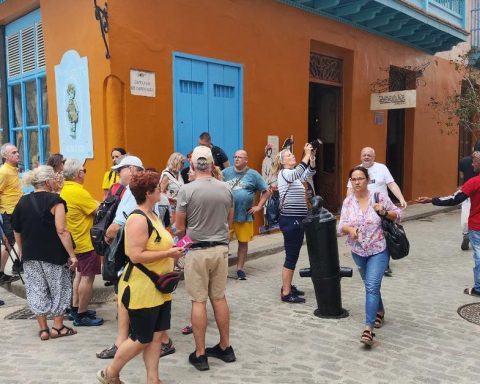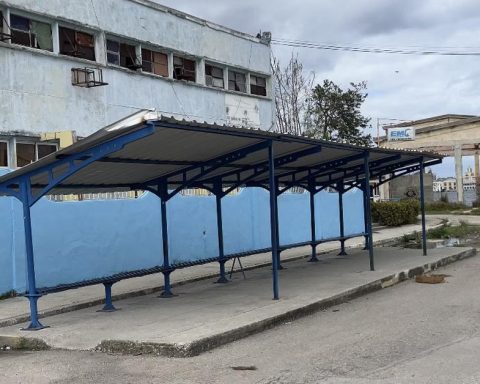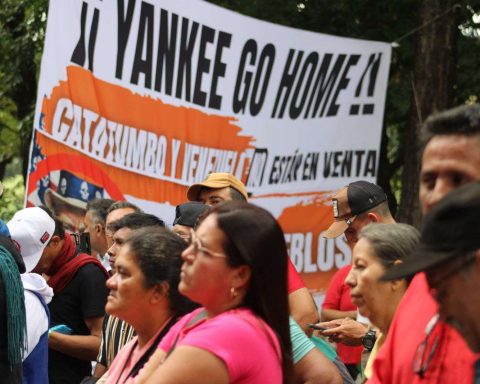Havana/Yuniesky Vasconcelos, head of the Xetid military group – designer of the EnZona electronic payment application and in charge since 2022, together with Etecsa, of the cybersecurity in Cuba – assured this Monday that the Armed Forces have provided means for an artificial intelligence (AI) developed in Cuba to work in “government services and functions” in the Ministry of Justice.
“Since November 2023 (AI) has made it possible to issue 2,532,000 certifications automatically,” said the manager before Miguel Díaz-Canel and a group of soldiers and scientists gathered in Havana. “When the certificate is issued through the traditional manual route, it can take more than three months.”
Xetid, founded in 2013 by a group of military computer scientists, is the technological arm of the Armed Forces. With a discreet profile, he focuses on the search for “solutions” to guarantee the effectiveness of the regime in digital surveillance and the development of software of defense, in collaboration with the University of Computer Sciences (UCI).
“Since November 2023 (AI) has made it possible to issue 2,532,000 certifications automatically”
In 2022, Xetid already had its eye on the digitization, management and analysis of Cuban archives. It now claims to run “projects to improve the socioeconomic life of the nation” with AI.
There are other “important results applied to defense and internal order.” According to the director of the company Datys, dedicated to criminal biometrics, the Ministry of the Interior has been provided with technology for “pattern recognition of faces, fingerprints or other types, or with voice.”
“All of these processes happen today within the Ministry of the Interior using AI,” said Leonel Iriarte, who directs the military company. Datys develops the digital surveillance technology known as Syma Safe Vision, with which the Police record and analyze videos of hotels, banks and exchange offices, airports, “massive influx of people facilities” and roads.
Another area in which AI is applied is medical, the scientists explained. We are working on a “decision support” system when diagnosing and treating seriously ill patients. In Santa Clara there are intensive care specialists who feed the AI with medical records from two hospitals.
There was no lack of picturesque note in the meeting. The owner of the SME Avagenio – dedicated to web page design – claimed to have a platform for Cuban companies to hire “digital workers.” “It is a new concept,” he celebrated, “my work team includes Pedro, Juan and three other individuals who are artificial intelligences. “There are five of us working to solve a problem.”
Díaz-Canel’s intervention when listening to the “results” of AI in Cuba demonstrates how little he understands his country’s digital limitations. The president asked Xetid and other companies for Cuba to become “the advanced” of this technology “at least” in Latin America.
“A country like ours can be developed by applying this, with the ethics, comprehensiveness and coherence that it brings”
“We have to be at the forefront,” he said. “We have it for that. This is going to mean a lot for the country. A country like ours can be developed by applying this, with the ethics, comprehensiveness and coherence that it entails. We must create a culture in which, to achieve results, we must see the answers that artificial intelligence can give us.”
Without giving up the president’s own voluntarist rhetoric, the scientists and university leaders present raised the main difficulty that prevents Cuba from having a competent level of development on the subject: “the availability of data in digitalized bases and access to them.”
With most of its files not digitized and without large databases of its own in which a hypothetical AI “made in Cuba” can move, interact and learn, the development of a technology of these characteristics will be limited, by necessity, to the scope university or theoretical, without a relevant practical use.














